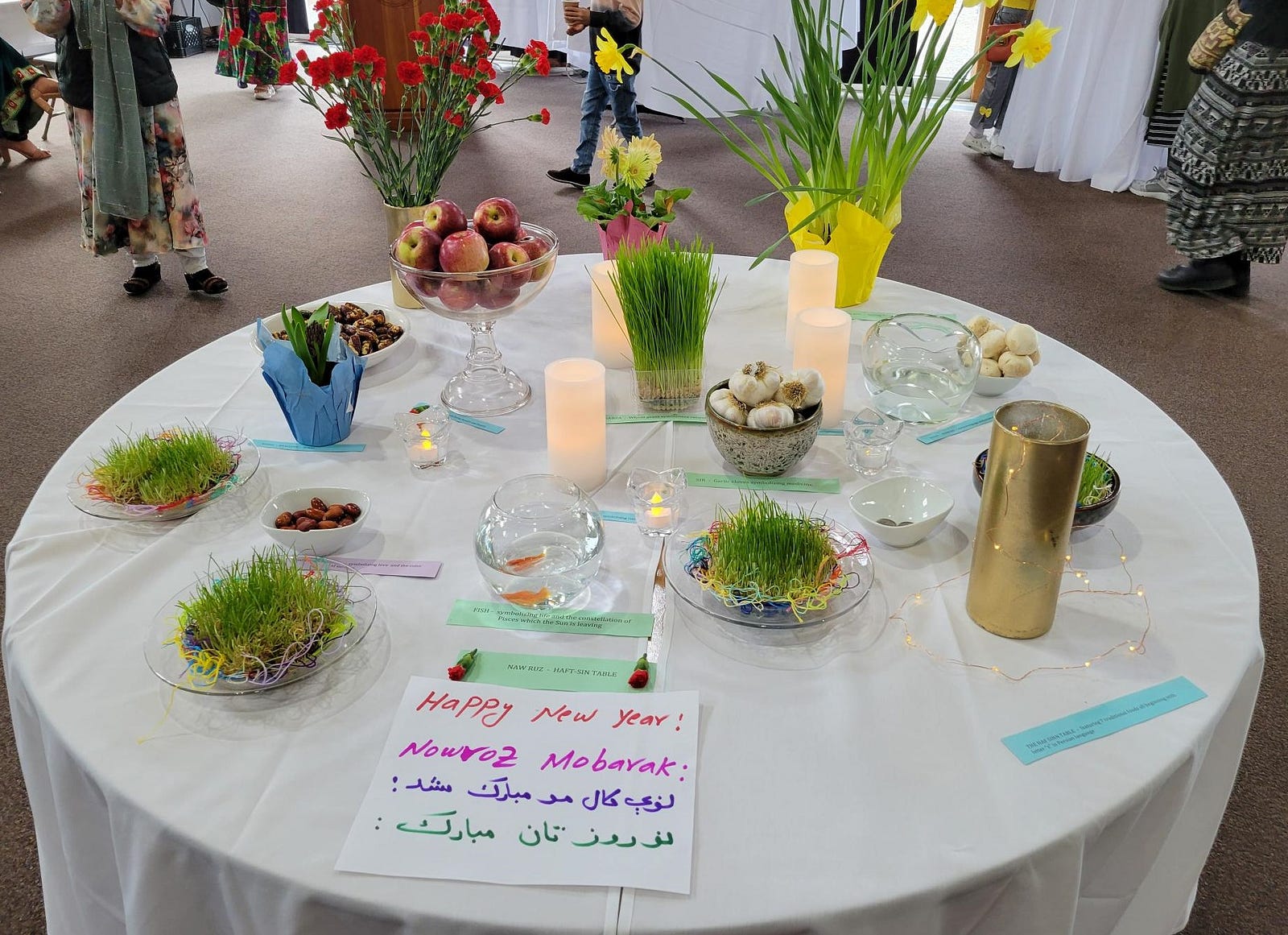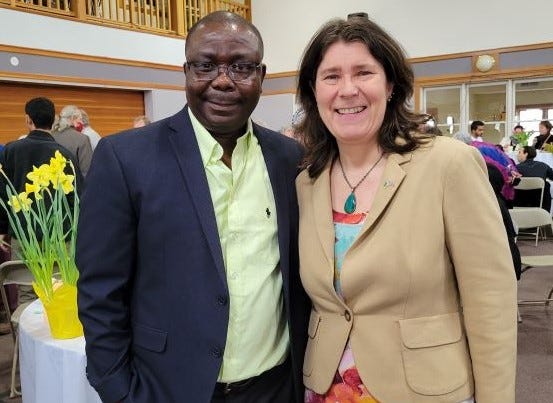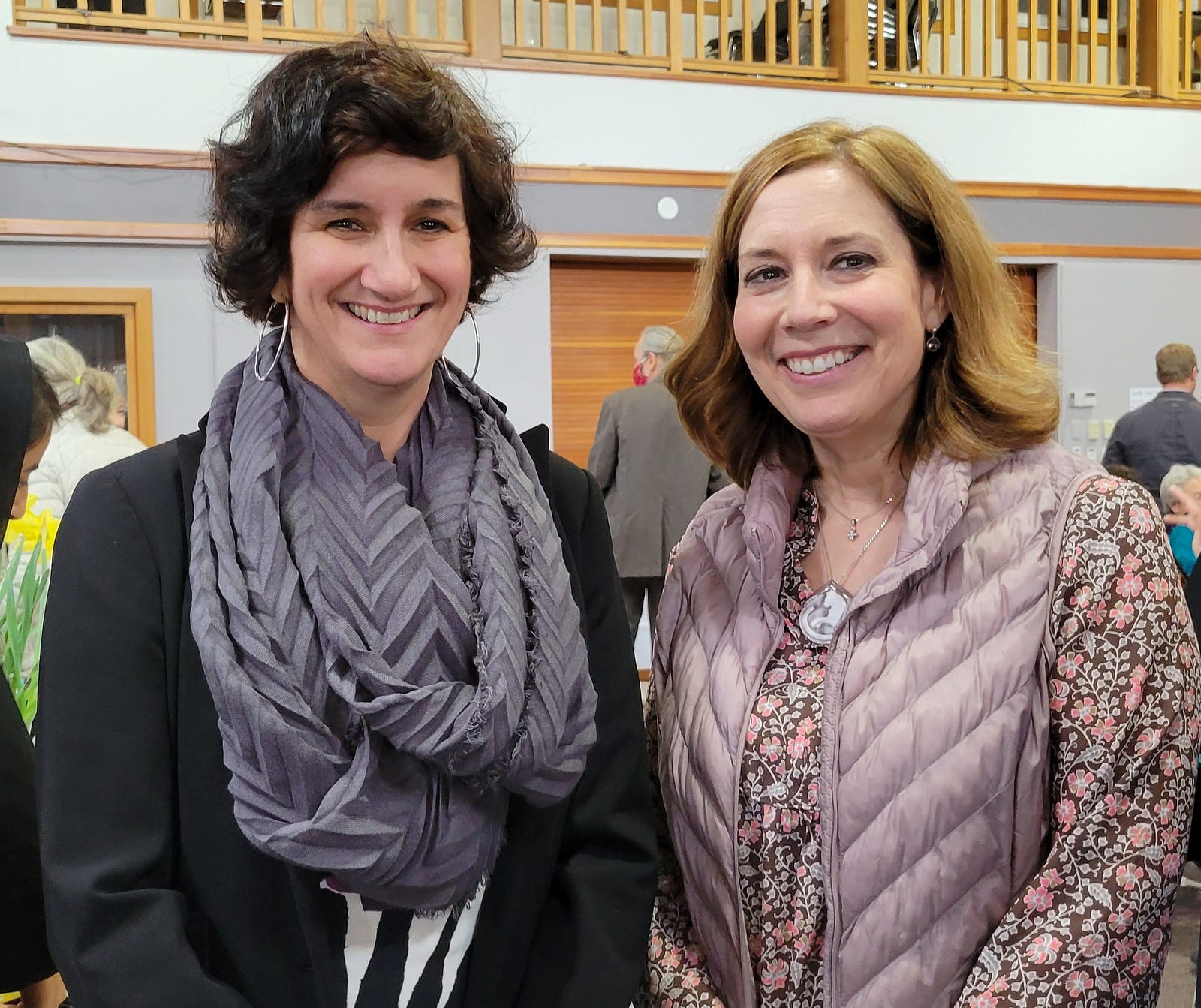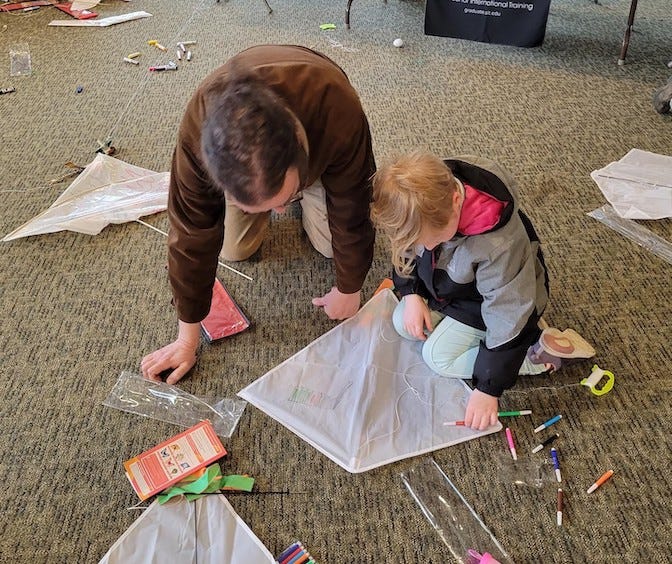-
What We Do
- WHERE WE WORK
-
About Us
 Welcome Message from Carol Jenkins
Welcome Message from Carol JenkinsFor more than 90 years, World Learning has equipped individuals and institutions to address the world’s most pressing problems. We believe that, working together with our partners, we can change this world for the better.
On my travels, I’ve had the opportunity to meet with many of those who have joined us in this mission. In Baghdad, we’ve trained more than 2,300 Iraqi youth who are already giving back at home. In London, our partners in the TAAP Initiative strongly believe that we are all responsible to practice inclusion. And in Vermont, our Experiment in International Living and School for International Training participants prove every day that they have the tools and the determination to change the world.
Please join us in our pursuit of a more peaceful and just world.
- Get Involved
Media Center > Story
World Learning and SIT Celebration Marks Afghan New Year, New Vermont Beginnings
March 25, 2022

New and long-time Vermonters came together with friends and supporters March 20 at World Learning and the School for International Training for a celebration of Nowruz, a secular new year celebrated in Afghanistan, Iran, much of Central Asia, and beyond. Held during the vernal equinox, Nowruz — which means “new day” — celebrates rebirth and renewal and welcomes spring.
More than 150 Afghan refugees, community volunteers, government officials and other supporters attended the joyful celebration, which featured traditional Afghan foods, music, poetry reading and dancing. During the afternoon, kites bobbed in the wind above campus as children and young men took part in the holiday kite-making and flying tradition. There was also egg and henna painting provided by members of Brattleboro’s Asian Cultural Center.

“This is a wonderful opportunity to honor an Afghan tradition while at the same time welcoming new Vermonters to our community,” said Dr. Sophia Howlett, president of School for International Training.
Starting in December, World Learning and SIT have partnered with the Ethiopian Community Development Council (ECDC) to welcome and help resettle nearly 100 Afghans who fled their country during the Taliban takeover last summer.
Noting that World Learning was founded 90 years ago this year, CEO Carol Jenkins said the resettlement effort aligns with the organization’s belief “that intercultural engagement expands world views and cultivates understanding and respect. It’s how we recognize the humanity in one another.”
Joe Wiah, director of ECDC’s Brattleboro office, thanked the Afghans as well as the hundreds of local volunteers and co-sponsorship groups who have stepped forward to help with the resettlement: “This celebration of the new year marks a new life and new beginning as we collectively start a new life together as a community in Southern Vermont.” He also thanked State Refugee Director Tracy Dolan and Gov. Phil Scott for their support.

Dolan, who was present at the celebration, spoke to the new Vermonters. “Today you are in Vermont, and I know you are in Afghanistan,” she said. “I know you are worried about your parents, your children, your aunts and your uncles. They are in our hearts too. I’m sorry they are not here. We think about them too. Thank you for coming to Vermont. You are lucky to be here, and we are lucky to have you.”
In a recorded video, Congressman Peter Welch also welcomed the Afghans and said Vermonters are excited to have them here.
Ebrahim, an Afghan refugee who spoke at the event, said he and others are eager to turn the challenges of resettlement into opportunities. “We have been warmly welcomed by our American friends and that means a lot to us. … This is just the beginning, and we know we have a long journey ahead integrating into our new society. This new challenge will pass, but the Afghan Vermonters will not forget your generosity, your support, and your kindness,” said Ebrahim.
Since their arrival starting in January, the Afghans have been housed temporarily on the SIT campus, where SIT faculty and former faculty have provided classes in English and U.S. cultural orientation. At the same time, ECDC is helping them to find housing and employment in southern Vermont and to navigate government processes.

Other local nonprofit organizations are assisting with the resettlement effort, while ECDC has set up partnerships with faith and community groups as co-sponsors of Afghan families and individuals to help them navigate the challenges of a new country.
Most of the Afghan families have now moved off campus and into communities throughout the area, enrolled their children in school, and most households have found employment in full-time jobs with benefits. Most also plan to continue with English classes and local community activities.





